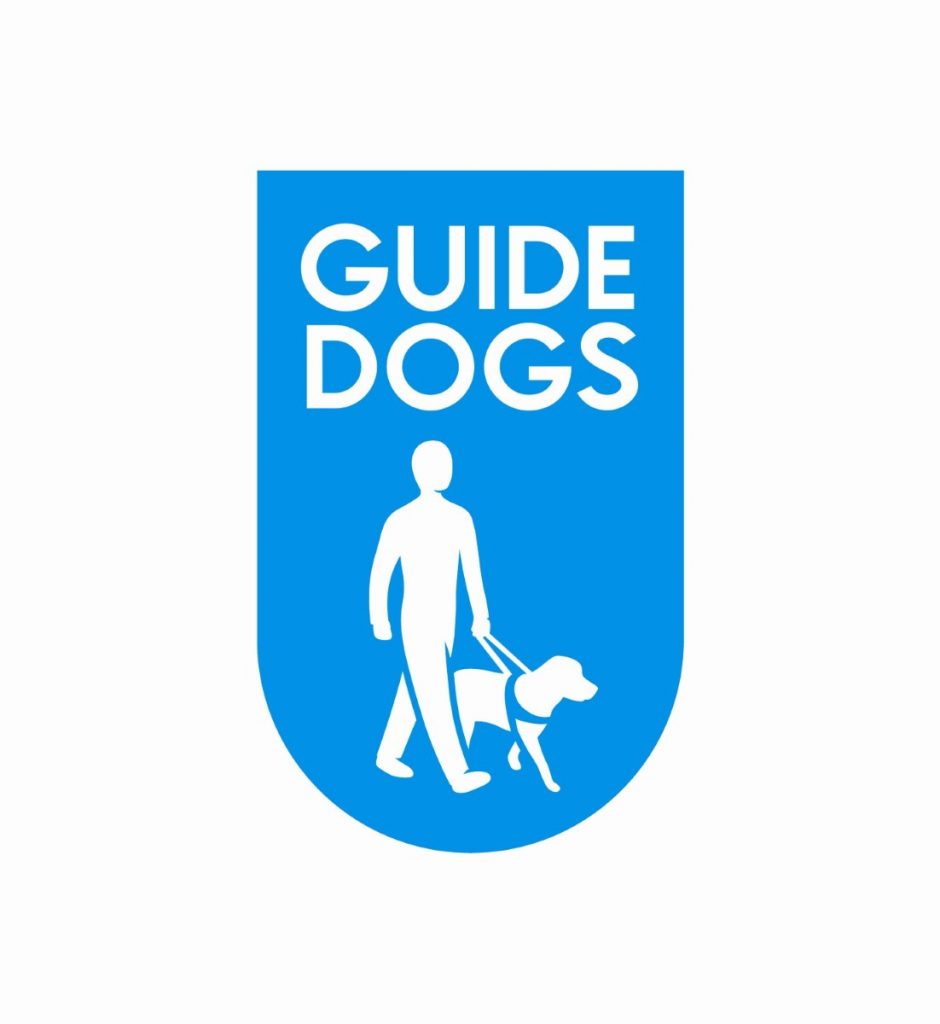Guide Dogs for the Blind: DLA replacement PIP will fail to meet needs of blind people
by Caroline Weston, Senior Public Affairs Officer, Guide Dogs for the Blind
The Government’s proposed changes under the Welfare Reform Act represent one of the most significant changes undertaken by the Coalition Government. There have been many different controversial proposals put forward as part of the Bill, with considerable implications for the lives of blind and partially sighted people across the UK.
Guide Dogs is particularly concerned that the new criteria for Personal Independence Payment will not appropriately address the difficulties that come with sight loss. Although someone who is blind and partially sighted may be able to physically walk to a destination, their sight loss makes it difficult for them to get there, as they will find it difficult to navigate their own way there. It appears that the new criteria place more emphasis on the physical ability to perform actions such as travel to a set destination and does not take into account other difficulties that disabled people may experience.
For Guide Dogs, another key issue which caused us concern was the proposal to take into account aids and adaptations when assessing claimants for Personal Independence Payment – the replacement for Disability Living Allowance. Guide dog owners felt that this would effectively penalise them for using a guide dog as a vital aid to help them become independently mobile. Some guide dog owners have suggested to us that they would not take on a new dog when their current dog retired, while potential applicants have considered withdrawing their application for a guide dog. This has not been a decision taken lightly by these people – they are genuinely concerned that they will be financially worse off if they have a guide dog and while they benefit hugely from using a guide dog, they cannot afford to live on reduced support. Guide Dogs pays the full costs of having a guide dog to any owner who needs it, so any reduction in benefits would directly affect the guide dog owners themselves.
There are also a number of costs faced by blind and partially sighted people to undertake everyday tasks that others take for granted. One example is that blind and partially sighted people may require assistance with cleaning and keeping their house in a hygienic state. This may mean that they need to hire a cleaner – an additional expense for a group of people who are more likely to be on a fixed or low income. Guide Dogs supports the recent comments made by the RNIB that the current criteria will not appropriately support blind and partially sighted people and would like to see them reassessed.
Guide Dogs has written to Maria Miller requesting her support on this issue, as well as attending a recent joint meeting with other organisations representing blind and partially sighted people. We will continue to campaign with these other organisations in order to ensure that not just blind and partially sighted people, but all disabled people are not adversely affected by these changes.





-01.png)